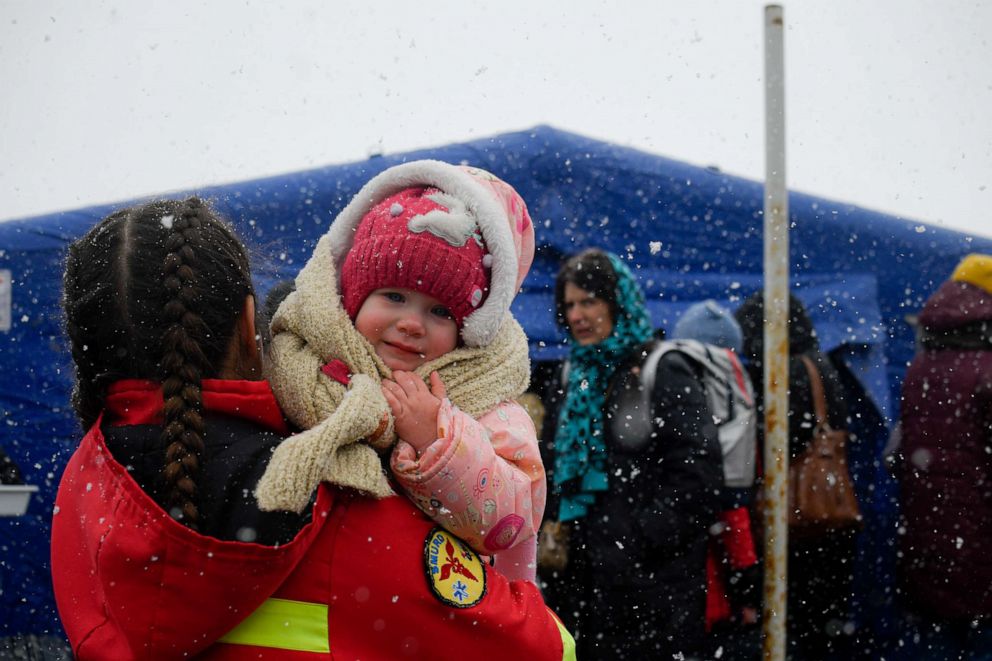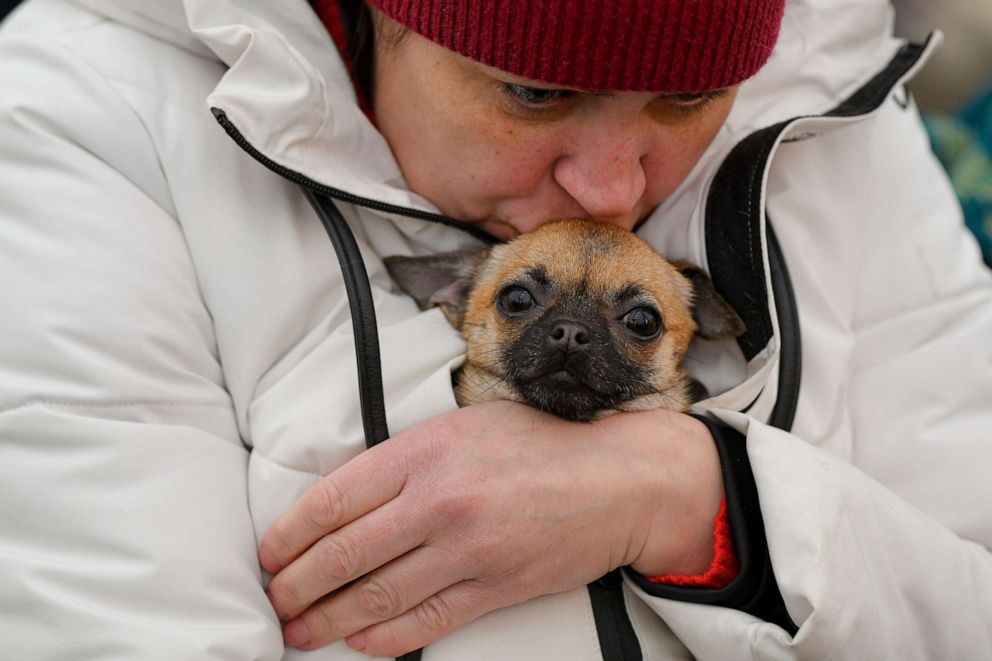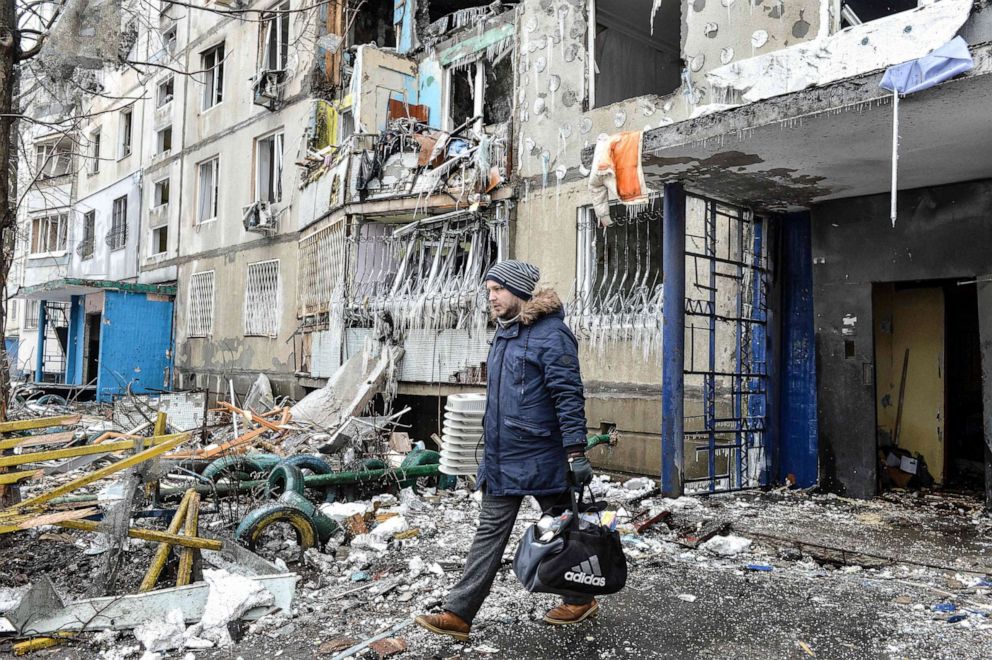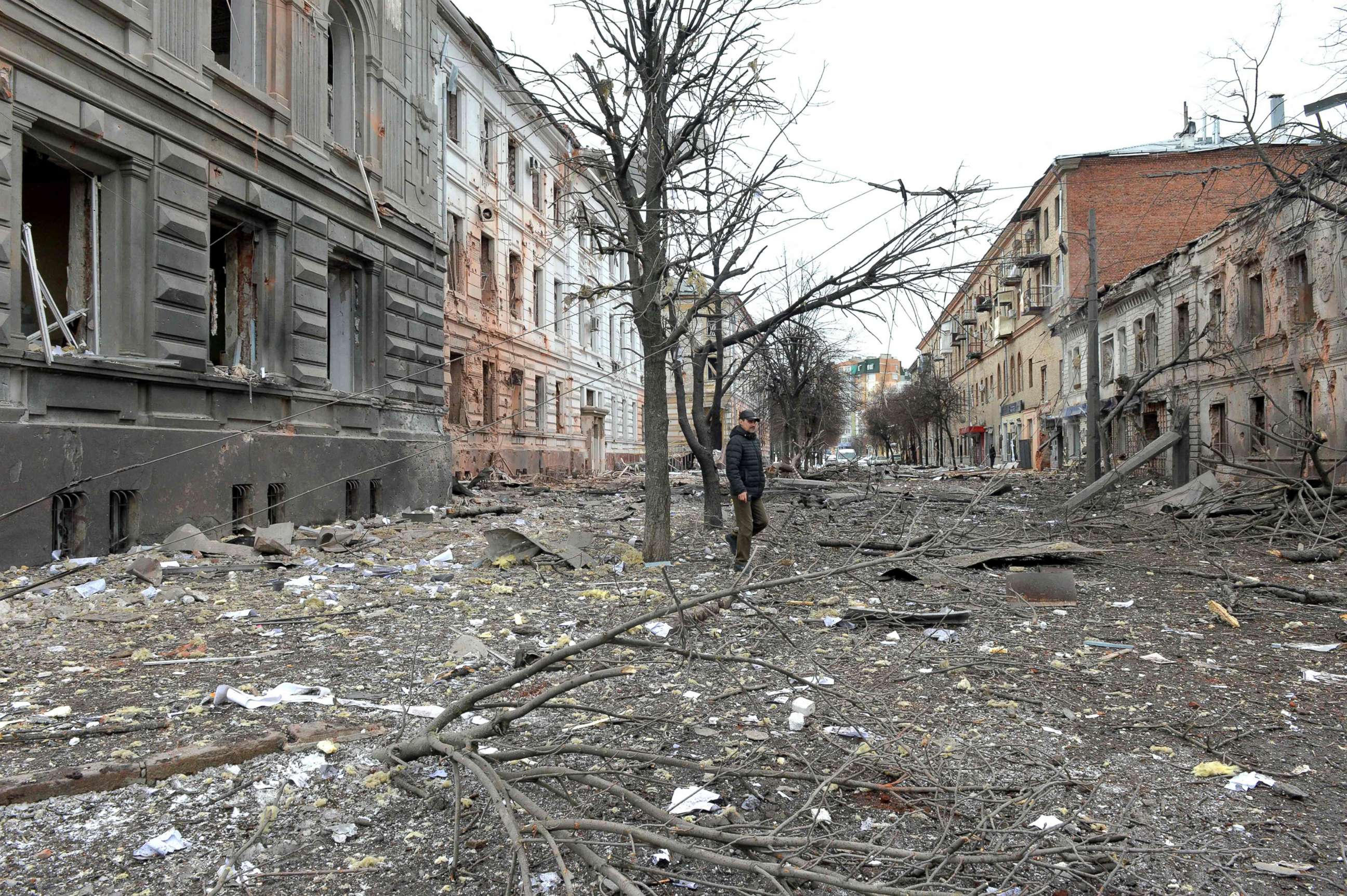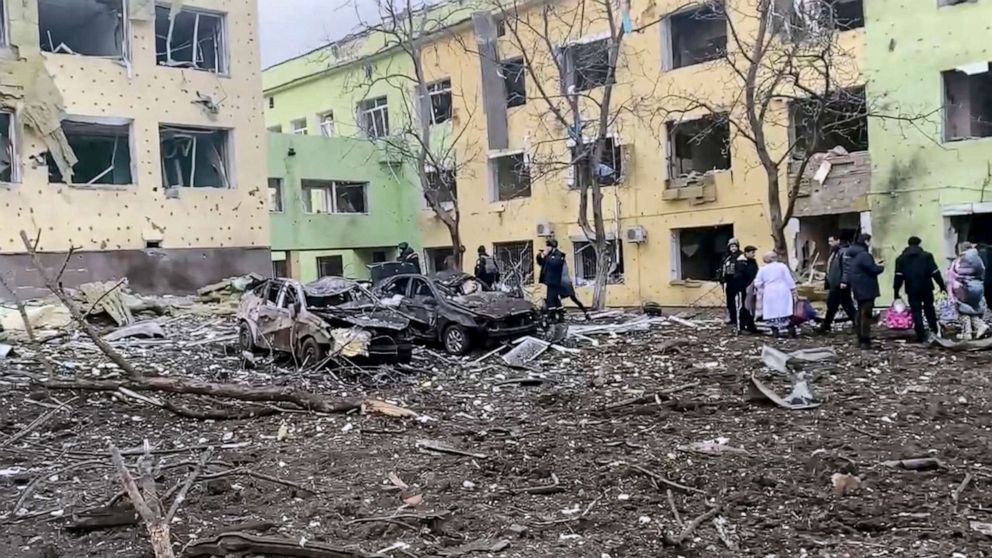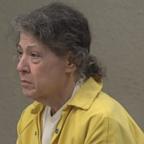Russia, Ukraine fail to reach cease-fire during talks in Turkey
The top diplomats from Russia and Ukraine failed to reach a deal for a cease-fire during talks in Turkey on Thursday.
Russian Foreign Minister Sergey Lavrov and Ukrainian Foreign Minister Dmytro Kuleba held separate press conferences after their meeting in the southern Turkish city of Antalya. Kuleba told reporters they were unable to agree on a cease-fire and that Russia was still demanding Ukraine change its constitution to formally give up its ambitions to join the European Union or NATO. He described the meeting with his Russian counterpart as "difficult."
"We can't end the war if the country that carried out the aggression is not willing to do so," Kuleba said. "Today, I heard that the issue of a cease-fire is linked to Putin's demands. Ukraine has not surrendered and will not surrender."
"We are ready for diplomacy," he added. "But while there isn't one, we will firmly defend ourselves, protecting our people from Russia aggression. I hope that today's format will continue if Russia is ready for a constructive dialogue."
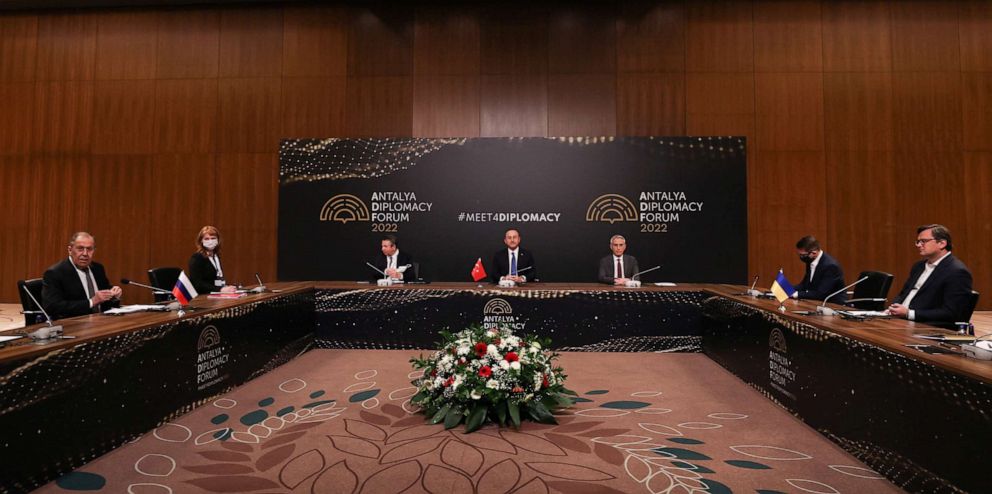
Lavrov, however, told reporters that "nobody actually planned to negotiate a cease-fire" during the meeting.
"If the goal of the meeting was to ask these questions, let's stop firing and let's arrange humanitarian corridors -- not the way Russia has proposed, but the way the Ukrainian side wants this," Lavrov said. "And if all of this is being done just to tell journalists later that all their good intentions failed, then perhaps this fits the logic of Ukrainian policy and diplomacy of which I've spoken: outward effects are designed for the public's momentary perception and substitute real work."
Meanwhile, Lavrov continued to blame Ukraine and the West for the crisis. He claimed that Russian forces "did not attack Ukraine" and "do not plan to attack other countries."
"But we just explained to Ukraine repeatedly that a situation had arisen that posed direct security threats to Russia," he told reporters. "Despite our years-long reminding, persuasion, calls, no one listened to us."
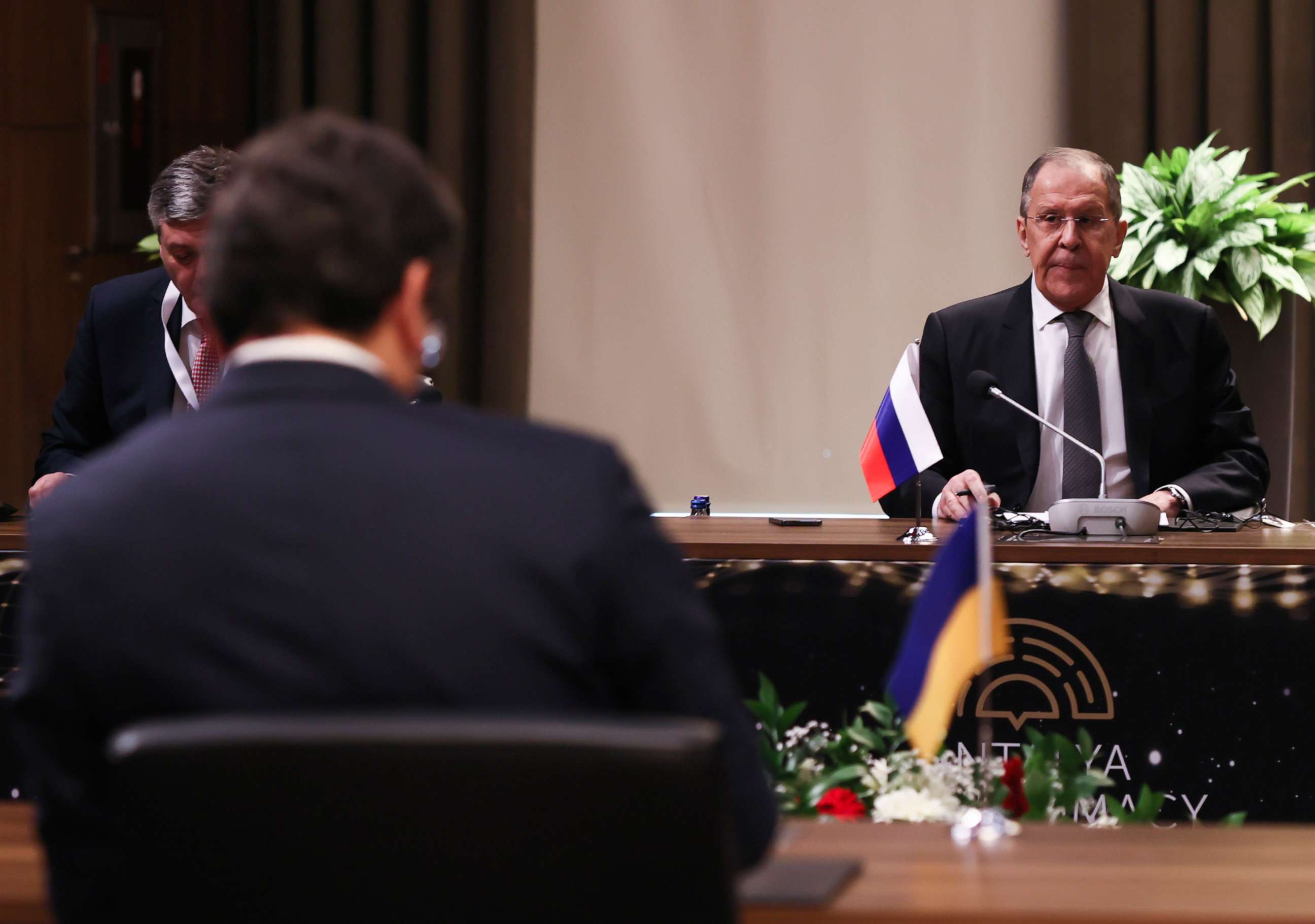
He said the agreement on the daily opening of humanitarian corridors in Ukraine "still stands," but that the evacuation routes and timings are determined by the Russian commanders on the ground. He also made clear that Russia considers the peace talks with Ukraine taking place in neighboring Belarus are the main format for any negotiations. While Moscow hasn't ruled out direct talks between Russian President Vladimir Putin and his Ukrainian counterpart, Volodymyr Zelenskyy, Lavrov said there must first be substantial progress at the meetings between Russian and Ukrainian delegations in Belarus. A fourth round of those talks in Belarus is planned, but an exact date and time was unclear.
"We stand for any contacts in regard to the problems, which constitute the core of the current Ukrainian crisis, and the search for a way out of it," Lavrov told reporters. "These contacts must have an added value, we believe they will never be used ... to replace or depreciate the real, principal negotiating track, which is developing in the Belarusian territory at the level of two delegations."
"Today's conversation confirms there is no alternative to this track," he added.
-ABC News' Yulia Drozd and Patrick Reevell

